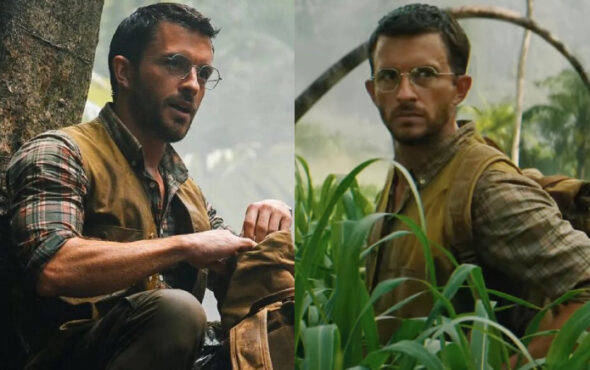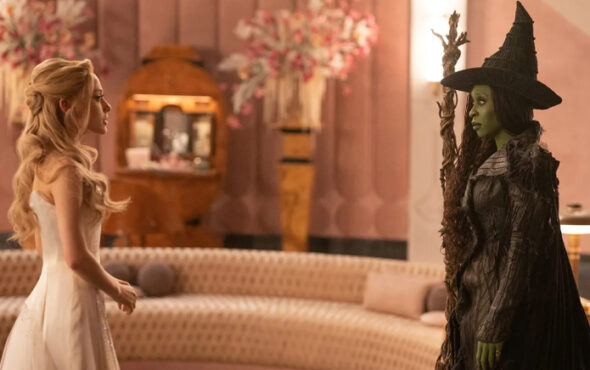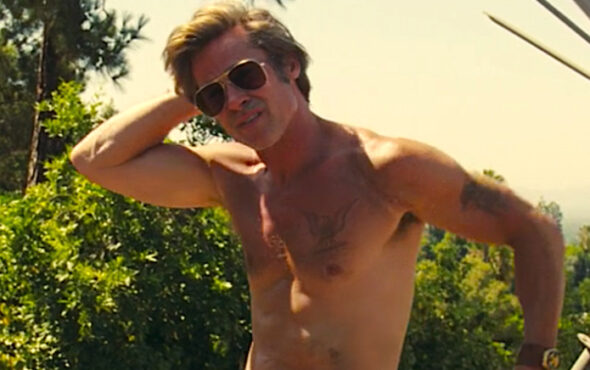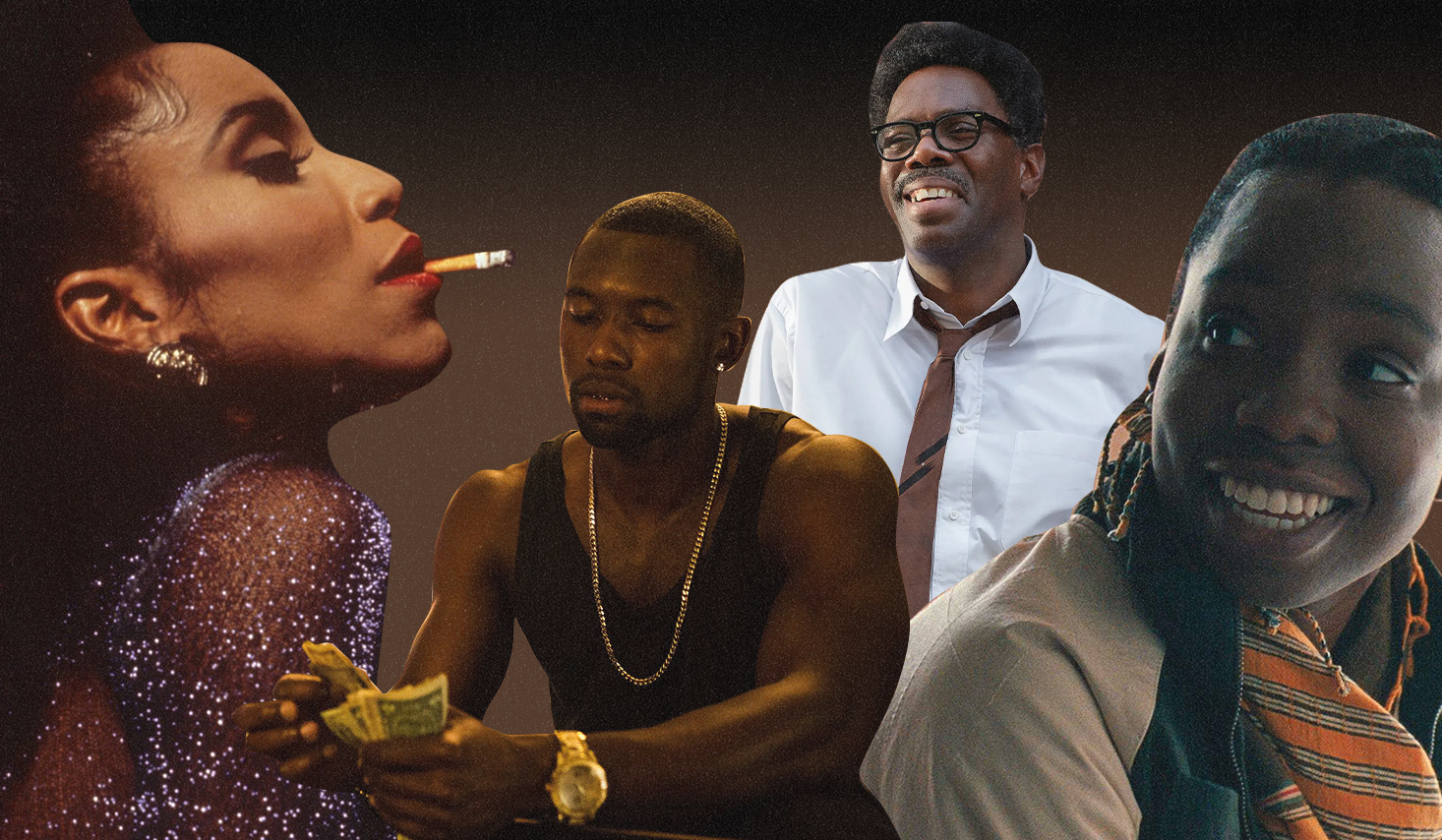
Historically, Black LGBTQIA+ stories have been pushed to the margins, often overshadowed or ignored in mainstream cinema.
While there have been some standout films and series, like Pose and Moonlight, countless educational documentaries and transformative dramas still don’t receive the recognition they deserve.
In this list, we highlight some of the best Black LGBTQIA+ films of all time—each one a vital contribution to both queer and Black cinema.
The Inspection (2022)
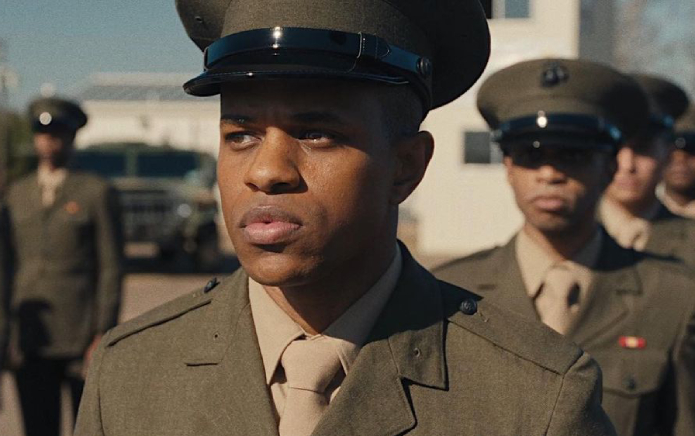
In one of 2022’s most compelling and raw performances, Jeremy Pope stars in The Inspection as a Black gay man who becomes homeless after his homophobic mother (played to perfection by Gabrielle Union) disowns him. Based on the real-life experiences of writer and director Elegance Bratton, who makes his feature-length directorial debut, the film follows Ellis, who is forced to enlist in the Marines and conceal his sexuality during a time when the military was still governed by Clinton’s outdated “Don’t Ask, Don’t Tell” policy. While the narrative may feel familiar—of a troubled individual entering the military, facing cruelty from a senior soldier, contemplating leaving, but ultimately persevering and emerging stronger—The Inspection sets itself apart with its focus on the Black LGBTQIA+ experience and the years of institutionalised homophobia within the military. Pope’s remarkable performance earned him his first Golden Globe nomination.
Moonlight (2016)
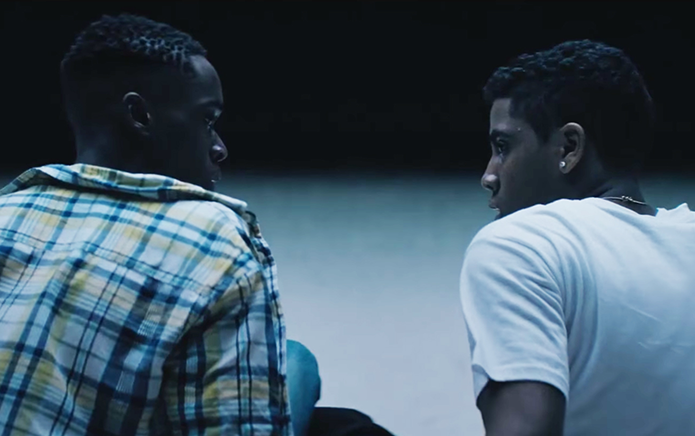
This groundbreaking coming-of-age film traces the life of Chiron (Trevante Rhodes), a disenfranchised African-American man, through three pivotal chapters. Little follows nine-year-old Chiron as he grows up with a drug-addicted mother in a rough Miami neighborhood; Chiron captures his awkward and painful teenage years, including the bullying he endures at school; and finally, Black depicts his development into a fully grown man, grappling with the internalization of his sexuality. Moonlight was rewarded for its brilliance with three Oscars in 2017, including Best Picture. It’s an emotional rollercoaster for any viewer, but especially for those who’ve struggled to accept themselves for who they truly are. Most importantly, it provided a rare opportunity for Black gay men to see themselves reflected on screen.
Naz and Maalik (2015)
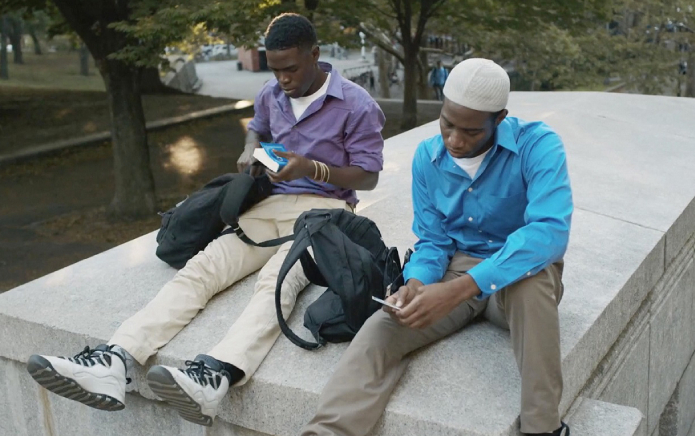
Set against the backdrop of a summer day in Brooklyn, Naz & Maalik follows two closeted Muslim teenagers (Curtiss Cook Jr. and Kerwin Johnson Jr.) as they navigate the complexities of faith and sexuality in a world shaped by prejudice and societal expectations. Their seemingly ordinary afternoon takes an unexpected turn when they are unknowingly entangled in an FBI investigation. Directed by Jay Dockendorf, the drama was one of the most lauded LGBTQIA+ films of 2015 and has since earned cult classic status.
Pariah (2011)
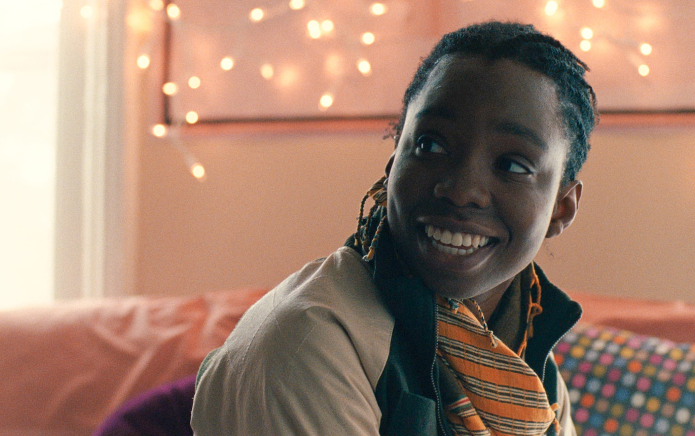
Adepero Oduye garnered widespread acclaim for her role as Alike, a 17-year-old Black teenager grappling with her sexuality in Pariah (2011). While the film was a critical success, winning major awards from the African-American Film Critics Association and the Black Film Critics Circle, it was overlooked by major award ceremonies and failed to make a significant impact at the box office. Despite this, Pariah has earned continued recognition over the years, praised not only as one of the best LGBTQIA+ films but also as one of the standout films of the 21st century. The film was directed by Dee Rees, who later made history as the first African-American woman nominated for an Oscar for Best Adapted Screenplay for her 2017 drama Mudbound.
Paris is Burning (1990)
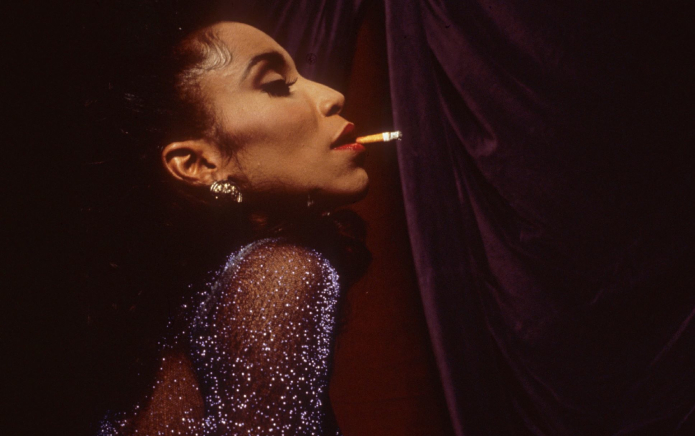
Legendary doc Paris is Burning chronicles the ball culture of New York City, highlighting the African-American, Latino, gay, and transgender communities that were integral to it. It delves into issues of race, class, gender, and sexuality in 1980s America and is widely credited with bringing mainstream attention to voguing and the ballroom scene. Among the performers featured are Dorian Corey, Pepper LaBeija, Venus Xtravaganza, Octavia St. Laurent, Angie Xtravaganza, Sol Pendavis, Freddie Pendavis, Junior LaBeija, Paris Dupree, and Willi Ninja, the “godfather of voguing.” Directed by Jennie Livingston, the film’s influence extends beyond its release, as Livingston also served as a producer on the first season of Ryan Murphy’s Pose, a series that draws heavily from the iconic documentary.
Portrait of Jason (1967)
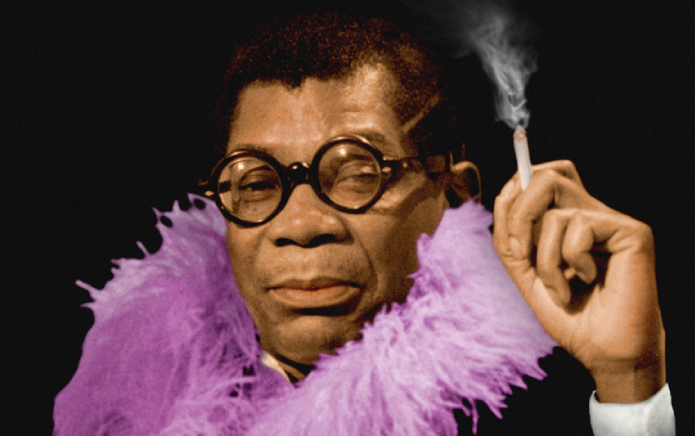
Shirley Clarke’s groundbreaking 1967 documentary Portrait of Jason tells the story of Jason Holliday, a Black, gay cabaret performer living in New York City. Jason reflects on his life, dreams, and struggles with identity, as well as the challenges of being a Black gay man in a society that marginalizes both Black and gay identities. Portrait of Jason is considered revolutionary in both LGBTQIA+ cinema and documentary filmmaking, and has been cited as an influence on filmmakers such as Barry Jenkins (Moonlight), Todd Haynes (Carol), and John Waters (Pink Flamingos).
Punks (2000)
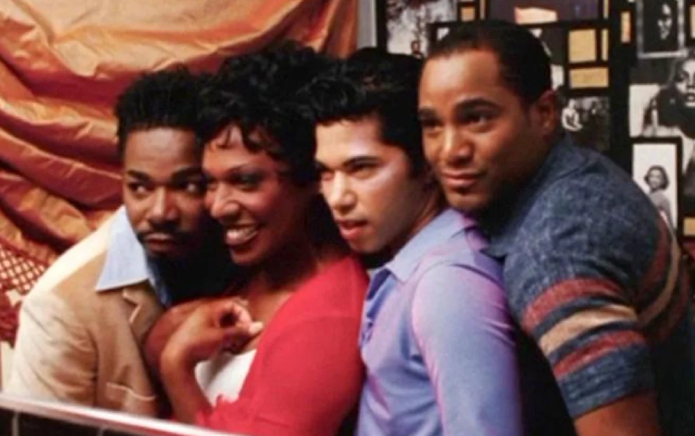
Punks was one of the first mainstream films to focus on Black gay characters, telling the story of four friends living in Los Angeles. Pioneering in its portrayal of the Black LGBTQIA+ experience, Punks offered authentic, relatable narratives while also celebrating Black culture in a positive light. The film went on to inspire the groundbreaking TV series Noah’s Arc, the first scripted show to center on a group of Black gay men.
Rafiki (2018)
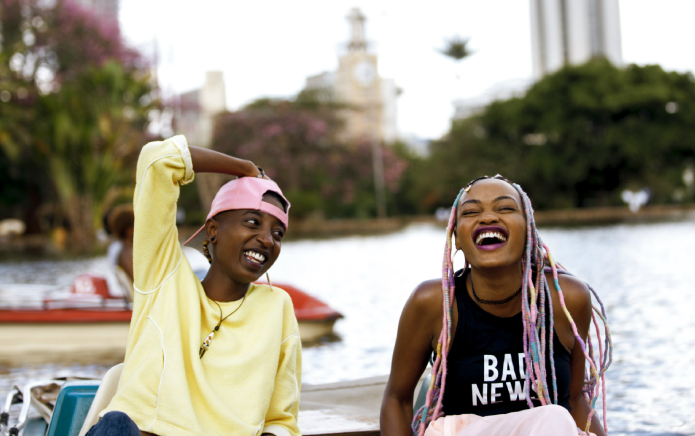
Tensions rise when Kena (Samantha Mugatsia) and Ziki (Sheila Munyiva) begin a same-sex love affair and are forced to hide their affection from the locals in Kenya. The film’s depiction of fictional discrimination shines a harsh light on the real challenges faced by queer people in the country, especially after the Kenya Film Classification Board banned its release due to its “homosexual themes”. Director Wanuri Kahiu took legal action against the Kenyan government to have the film released, pushing for its submission as the country’s entry for the Academy Award for Best Foreign Language Film. The ban was lifted for seven days, and Rafiki went on to sell out cinemas, becoming the second-highest-grossing Kenyan film of all time.
Rustin (2022)
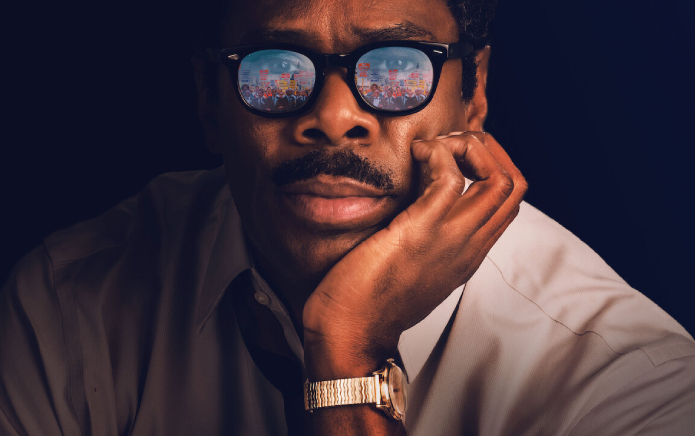
Euphoria star Colman Domingo became a first-time Oscar nominee for his lauded performance as Bayard Rustin, the unsung gay civil rights activist who organised the 1963 March on Washington. With his nomination, Domingo made history as only the second gay man, and first Black gay man, to be nominated for playing a gay character. The Netflix biopic, praised by critics, chronicles Rustin’s efforts to convince Martin Luther King Jr. to lead a protest, his affair with Elias Taylor, and the challenges he faces due to his sexuality.
Still Black: A Portrait of Black Transmen (2008)
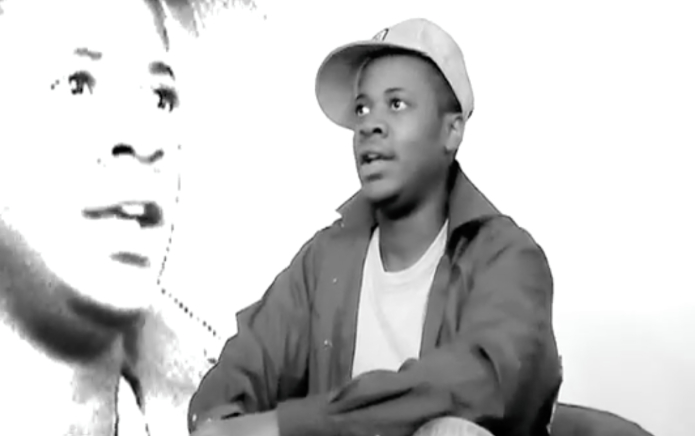
Directed by Kortney Ryan Ziegler, the 2008 documentary Still Black: A Portrait of Black Transmen offers an intimate look at some of the most underrepresented and marginalised lives within the LGBTQIA+ community. By exploring the intersectionality of race, gender, and sexuality, the experimental film humanises Black trans men and showcases the diversity of their experiences. It has become an educational tool at institutions like the University of Illinois and the University of California, Santa Barbara. The documentary has also served as a source of inspiration for activists such as Raquel Willis and Arianna Lint, as well as advocacy organisations like the National Black Justice Coalition, Transgender Law Center, and Black Transmen, Inc. Sadly, the film is impossible to find, but there is an excerpt available at Otherness Archive.
Tongues Untied (1989)
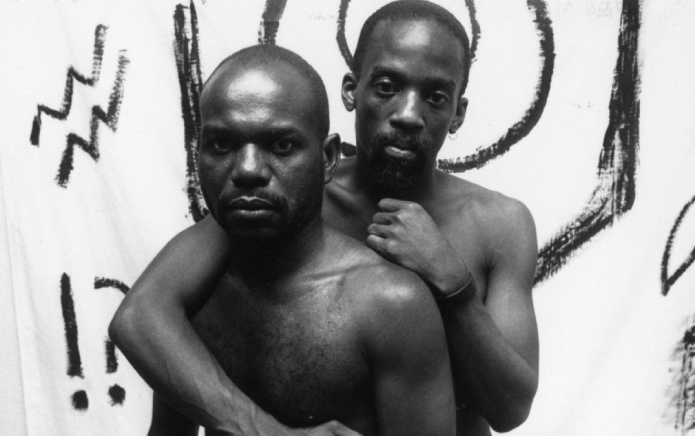
Released in 1989, Marlon Riggs’ groundbreaking Tongues Untied is a video essay and experimental film that intertwines documentary footage, personal narratives, and poetry to convey the distinctiveness of Black gay identity. With a deep focus on Black homophobia, as well as violence faced by Black gay men in both of their communities, Tongues Untied had a tremendous impact on queer cinema and conversations about race and sexuality. To commemorate its 30th anniversary in 2019, the Peabody Awards paid tribute to the film and the late Marlon, who passed away in 1994 due to complications from AIDS. Pose star Billy Porter presented the tribute, telling the audience that Tongues Untied continues to “wield a transcendent power over audiences with a message of self-love, perseverance, righteous anger and pain, and snap divadom”.
The Watermelon Woman (1996)
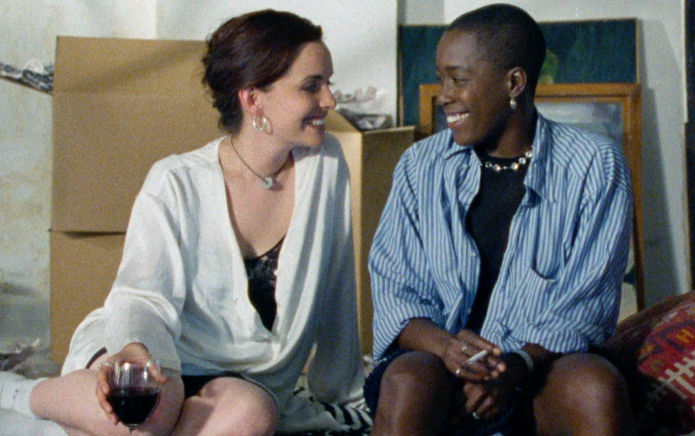
The Watermelon Woman is a masterclass in blending fiction and reality. Directed by Cheryl Dunye, a Liberian-American filmmaker, this groundbreaking queer classic follows Cheryl, a Black lesbian filmmaker, as she embarks on a quest to uncover the identity of a mysterious figure known only as “the Watermelon Woman”. Dunye’s debut film challenges conventions with its exploration of identity, desire, and the queer experience. It offers a sharp critique of Black erasure in film history, shedding light on the underrepresentation of Black talent in the industry. Bold, humorous, and ahead of its time, The Watermelon Woman remains an essential 90s film.
